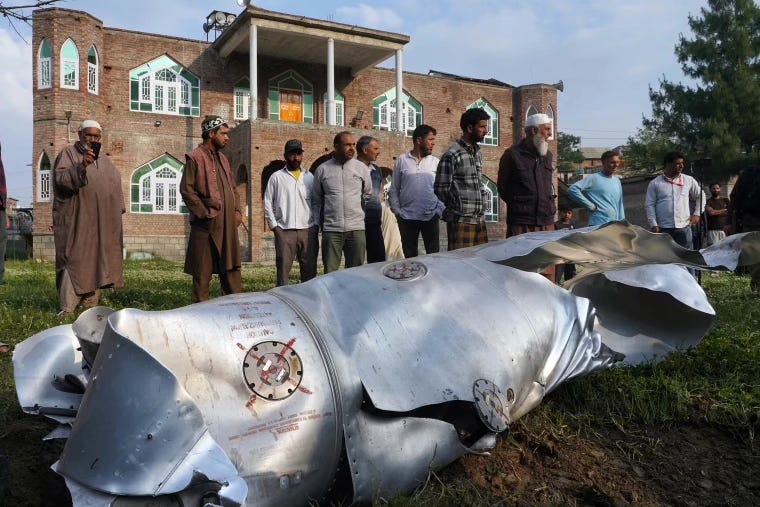Firestorm in South Asia
India’s Airstrikes on Pakistan Ignite Fears of Escalation

India’s decision to launch missile strikes against targets in Pakistan, ostensibly in retaliation for a terrorist attack against Indian tourists, marks a dangerous escalation between two nuclear-armed neighbors with a deeply fraught history. While not unprecedented—similar exchanges occurred after the Pulwama incident in 2019—the stakes today are considerably higher given both nations' growing internal nationalist pressures and increasingly sophisticated military capabilities.
The current crisis underscores the volatility of South Asian geopolitics, complicated by rising nationalism, economic instability, and shifting global alliances. India's assertive response, largely driven by domestic political pressure under Prime Minister Narendra Modi’s government, risks triggering a dangerous cycle of retaliation, reminiscent of Cold War-era brinkmanship.

Historically, South Asia has teetered precariously between moments of diplomacy and devastating conflict. The Indo-Pakistani wars of 1947, 1965, and 1971, along with the Kargil conflict in 1999, underscore how quickly tensions can spiral into violence, highlighting the ever-present risk of nuclear escalation.
The international community’s urgent calls for restraint are both predictable and essential, yet the absence of sustained diplomatic engagement from major powers, notably the United States and China, is troubling. Washington’s diminished diplomatic footprint under the Trump administration and China's growing alignment with Pakistan raise concerns about the global capacity to mediate effectively in regional conflicts.

The broader implications of these strikes extend far beyond the immediate military and diplomatic crisis. They question the effectiveness of existing international frameworks to manage and mitigate conflicts between nuclear-armed states, especially when fueled by internal nationalist fervor and populist governance.

